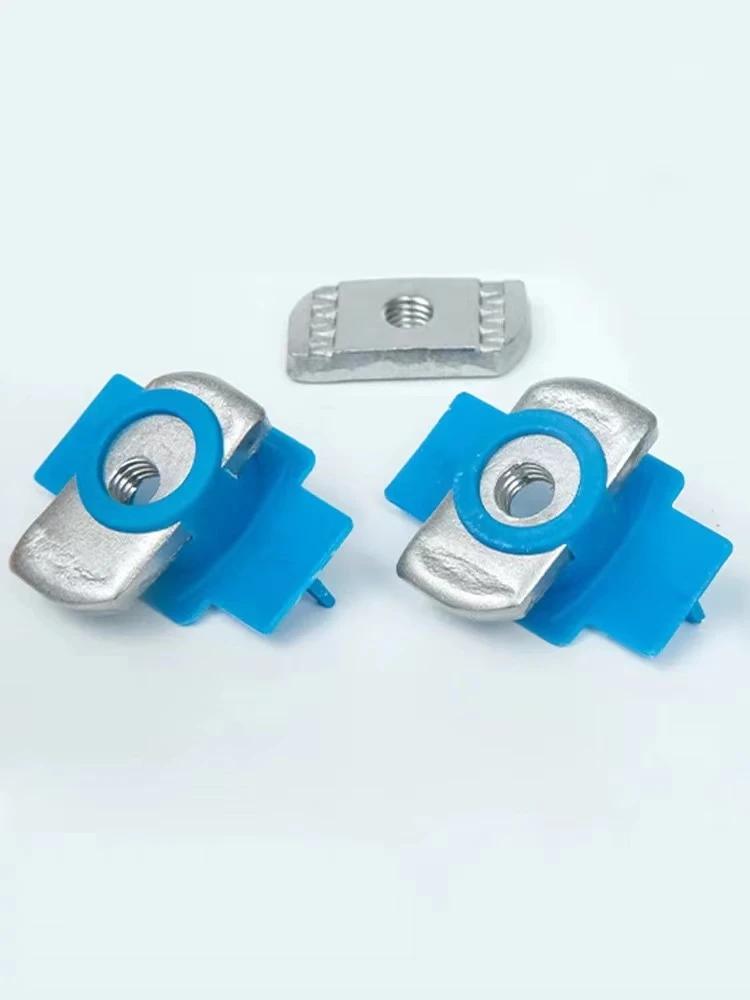

Investigating Different Types of Stud Bolts and Their Industrial Uses
Out . 18, 2024 09:09 Back to list
Investigating Different Types of Stud Bolts and Their Industrial Uses
Exploring Various Types of Stud Bolts and Their Applications
Stud bolts are critical components in a multitude of industrial applications, playing a vital role in fastening systems across diverse sectors. These high-strength fasteners are designed to hold materials tightly together, ensuring structural integrity and safety in various environments. In this article, we will explore the different types of stud bolts and their specific applications, highlighting their importance in contemporary engineering practices.
Definition and Structure
A stud bolt is essentially a long cylindrical rod with threads on both ends. Unlike standard bolts, which have a head, stud bolts are fully threaded and can be bolted on both sides. This design allows for greater flexibility in assembly and can accommodate various thicknesses of materials. Stud bolts are typically made from materials like carbon steel, stainless steel, or alloy steel, chosen based on the application requirements, such as strength, corrosion resistance, and temperature tolerance.
Types of Stud Bolts
1. Fully Threaded Stud Bolts These are uniform in diameter along their entire length and feature threads on both ends. They are versatile and commonly used in construction and heavy machinery applications. The fully threaded design facilitates use in narrow or space-constrained environments where traditional bolts may not fit.
2. Partially Threaded Stud Bolts These bolts have one end with full threading while the other end is unthreaded. The unthreaded portion provides a stable surface for clamping, making them ideal for applications requiring a firm grip, such as in pressure vessels or flanged joints.
3. Double-End Stud Bolts Featuring a continuous thread on both ends, double-end stud bolts allow for the connection of two objects without needing a drilled hole. They are commonly used in flanged connections in piping systems, where sealing must be reliable under high pressure.
4. Hexagon Stud Bolts These are equipped with hexagonal heads, facilitating easy tightening with a wrench. They are generally used when significant force is needed for fastening, such as in structural steel applications or large machinery.
5. Heavy Hex Stud Bolts Similar to hexagon stud bolts, but designed for higher load capacities. These bolts are suitable for heavy-duty applications such as construction and heavy machinery where strength is paramount.
exploring various types of stud bolts and their applications

Applications of Stud Bolts
Stud bolts are extensively used across various industries, including
- Petrochemical Industry In refining plants, stud bolts secure piping and pressure vessels where high temperatures and pressures are present. Their ability to withstand corrosive environments makes them essential in this sector.
- Marine Applications Stud bolts are crucial for shipbuilding and repair, providing secure fastening for critical components that must endure harsh marine conditions.
- Construction In skyscrapers and large buildings, stud bolts link structural elements together, contributing to the overall stability and safety of the structure.
- Power Generation Used in both renewable and non-renewable energy sectors, stud bolts facilitate the assembly of turbines and generators, ensuring durability and reliability during operation.
- Manufacturing In various manufacturing processes, stud bolts are utilized in machinery assembly, ensuring that operational components remain securely affixed.
Conclusion
In summary, stud bolts play an indispensable role in numerous industrial applications. With their various types—including fully threaded, partially threaded, double-end, hexagon, and heavy hex—stud bolts provide solutions that meet the specific demands of different environments. Their versatility and strength make them a preferred choice for engineers and manufacturers alike. Understanding the different types and applications of stud bolts is crucial for making informed decisions in design and assembly processes, thus ensuring that structures and machines operate safely and effectively.
Latest news
-
Premium Fasteners Manufacturer | AI-Driven Solutions
NewsAug.01,2025
-
Hot Dip Galvanized Bolts - Hebei Longze | High Strength, Corrosion Resistance
NewsAug.01,2025
-
High-Strength Hot Dip Galvanized Bolts - LongZe | Corrosion Resistance, Custom Sizes
NewsAug.01,2025
-
Best Self Tapping Screws for Drywall - Fast & Secure Installation
NewsJul.31,2025
-
High-Strength Hot Dip Galvanized Bolts-Hebei Longze|Corrosion Resistance&Customization
NewsJul.31,2025
-
Hot Dip Galvanized Bolts-Hebei Longze Metal Products|Corrosion Resistance&High Strength
NewsJul.31,2025

